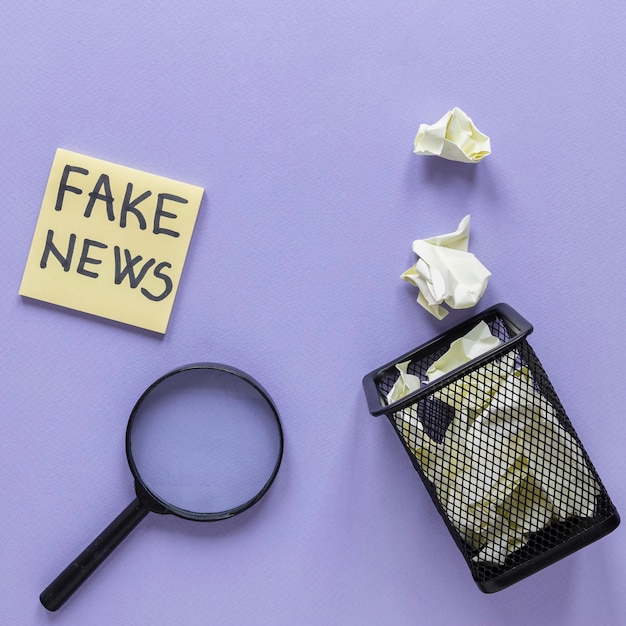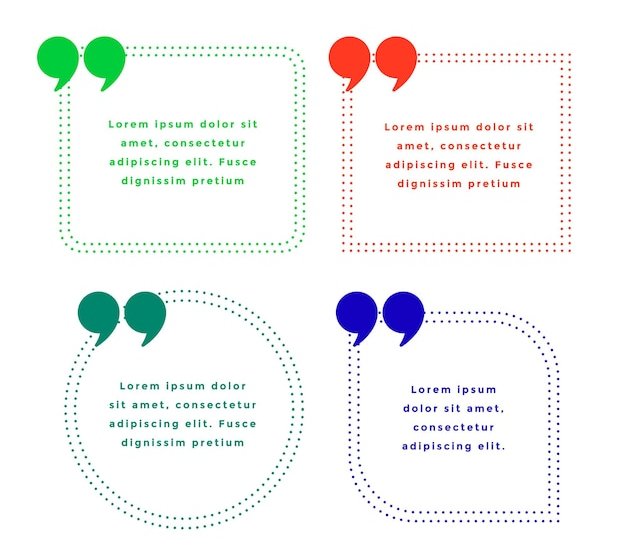Understanding the Importance of Statement of Facts

Facts are the backbone of any logical argument.
A statement of facts provides a solid foundation for decision-making.
Undeniable facts often trump personal opinions.
In a discussion, constructing a statement of facts can lead to clearer understanding.
Facts can be powerful tools in persuading others.
A well-researched statement of facts can dispel misconceptions.
Facts can sometimes be uncomfortable truths that need to be acknowledged.
A statement of facts can help bring objectivity to a subjective discussion.
In a court of law, a statement of facts can determine the outcome of a case.
A statement of facts can serve as a reference point for further investigation.
Misrepresenting the facts can undermine the credibility of an argument.
Facts can serve as a wake-up call to society regarding important issues.
A statement of facts can reveal patterns and trends.
Facts can act as a guide in making informed decisions.
In scientific research, facts are the building blocks of knowledge.
Fact-checking is crucial in today’s information-saturated world.
A statement of facts can challenge commonly held beliefs.
Presenting facts in a clear and concise manner enhances communication.
Facts can support or debunk theories and hypotheses.
An accurate statement of facts can prevent misunderstandings.
Facts can bring different perspectives together by providing common ground.
Understanding the Importance of Statement of Facts part 2
A statement of facts can expose biases and prejudices.
Facts can help solve mysteries and uncover the truth.
In historical research, facts lay the groundwork for understanding the past.
Facts provide evidence that can help change policies and laws.
A statement of facts encourages accountability and transparency.
Facts are integral to forming an educated opinion.
Objective journalism is based on reporting verifiable facts.
An incomplete statement of facts can lead to misjudgments.
Facts are the currency of intellectual discussions.
A statement of facts can challenge assumptions and stereotypes.
Facts can ignite curiosity and inspire further exploration.
Withholding or distorting facts can hinder progress.
Facts can empower individuals to advocate for change.
A statement of facts can foster trust and credibility.
Facts can serve as a baseline for measuring progress.
Evidence-based medicine relies on statements of facts.
Facts can dispel rumors and misinformation.
A statement of facts can shed light on complex and multifaceted issues.
Facts can bridge gaps between conflicting parties.
Facts can be comforting, as they offer a sense of certainty.
A statement of facts can highlight the urgency of a problem.
Facts can challenge our preconceived notions and force us to reevaluate our beliefs.
In debates, a well-supported statement of facts can be a game-changer.
Facts are universal truths that are not influenced by personal perspectives.

